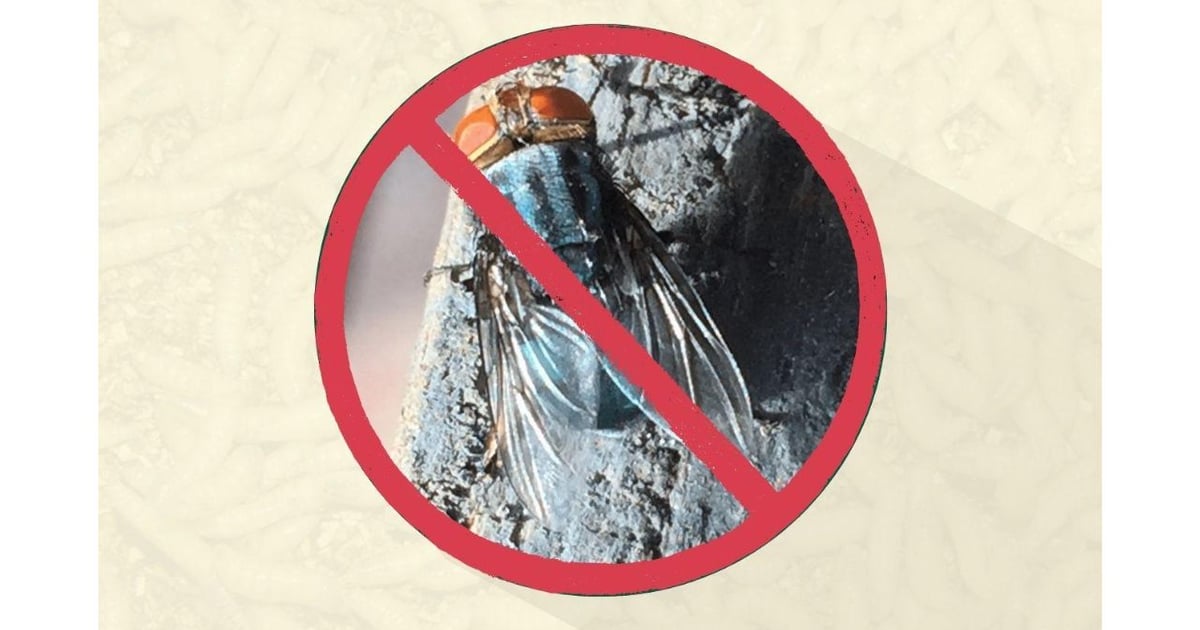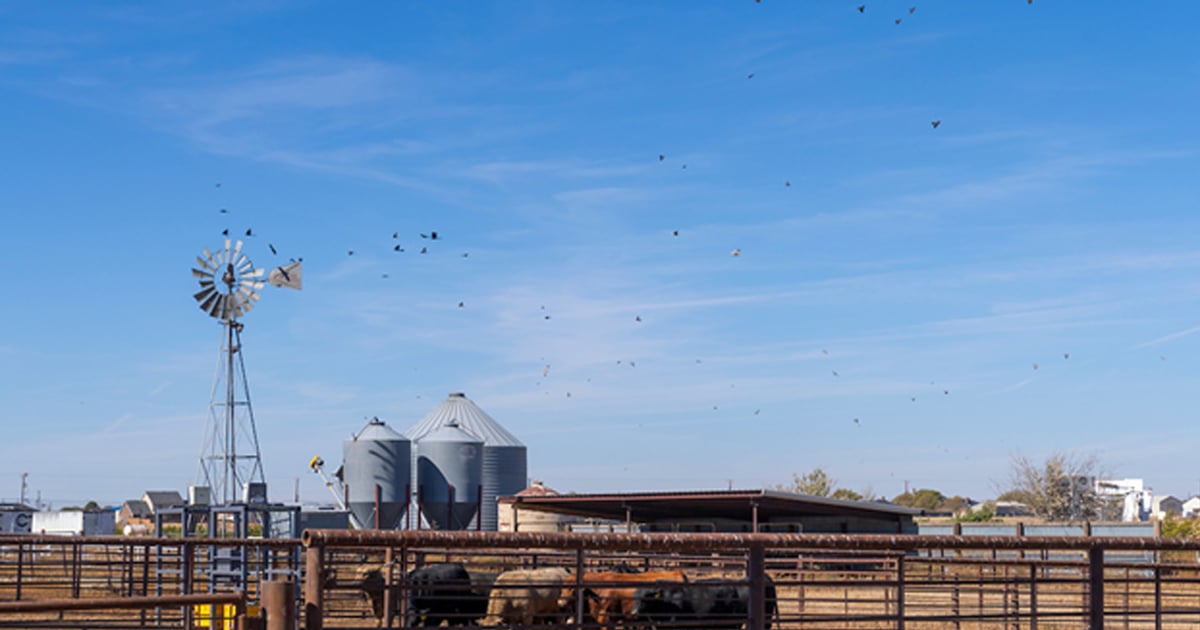NCBA criticizes plan to allow Paraguayan beef imports
Posted on November 13, 2023 by Joshua Baethge
Source: Farm Progress. The original article is posted here.

Since the rule was initially proposed in March, the National Cattlemen’s Beef Association has raised concerns regarding Paraguay’s history with foot-and-mouth disease. NCBA Executive Director of Government Affairs Kent Bacus says USDA’s decision to allow beef imports from Paraguay is based on a deeply flawed risk assessment, including site visits that were conducted more than nine years ago. He also questions that nation’s current disease mitigation efforts.
"Paraguay heavily relies on private sector funding for most of its FMD mitigation measures, and USDA did not consider the risk associated with Paraguay’s economic downturn over the last several years,” Bacus says.
According to a USDA release, the Plant Health Inspection Service’s risk analysis concluded fresh beef can be safely imported from Paraguay so long as foot-and-mouth has not been diagnosed in the exporting region over the past 12 months. Meat must originate from a location where foot-and-mouth has not been present during the lifetime of any animals. Animals must also be inspected before and after death.
Bacus contends that safety has taken a back seat to politics. He notes that Paraguay has made gaining access to the U.S. beef market a top priority during recent trade discussion. He believes the rule decision was a pre-determined outcome and used as a barging tool for other American interests.
“The dismissal of legitimate concerns from U.S. cattle producers is unacceptable and USDA should halt this unscientific, unsafe rulemaking,” Bacus says. “While winning friends and allies in South America may be part of the long-term interests of U.S. diplomacy, it should not be done on the backs of U.S. cattle producers or by putting at risk the health and livelihood of the safest and most efficient cattle and beef production system in the world.”




